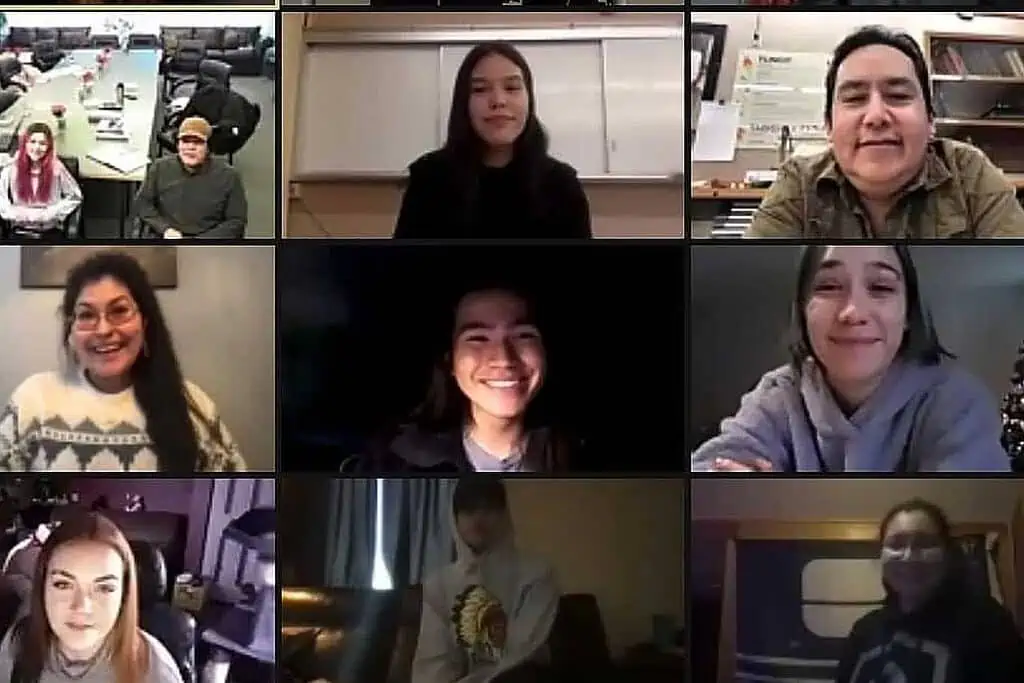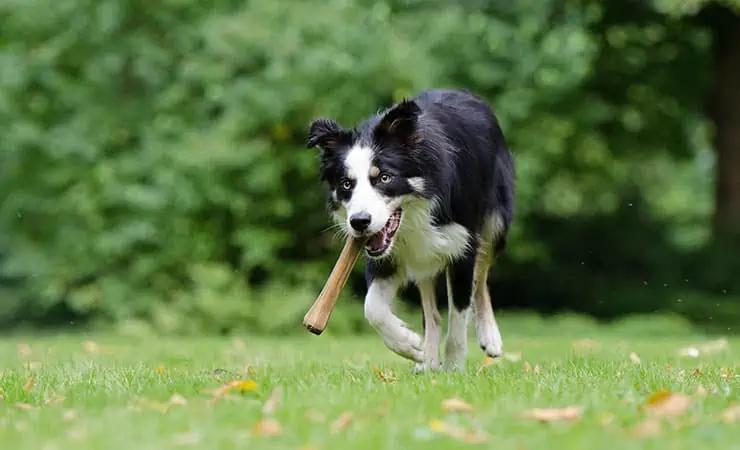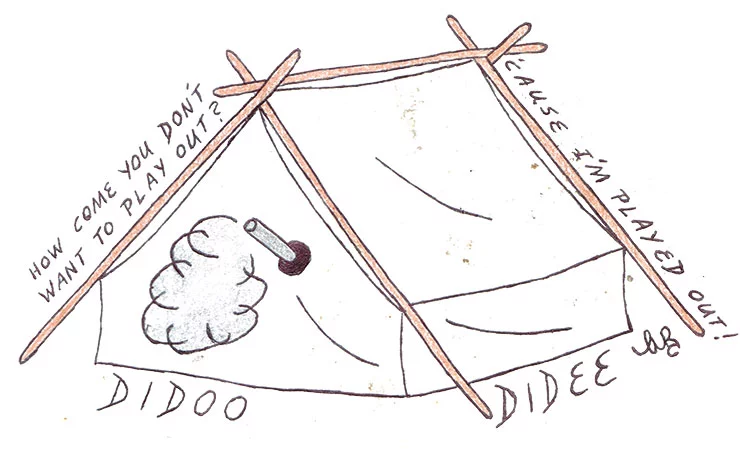How do you solve a problem like “flibbertigibbet?” Unless you had a grandmother like mine, that’s a word you’d probably never heard before Oscar Hammerstein II used it to describe a postulant manquée named Maria in a musical he and Richard Rodgers wrote about a plucky family of Austrian warblers. It’s a fabulous word, especially when one pairs it with the equally delightful “will-o’-the-wisp,” as Hammerstein did in his lyrics for The Sound of Music.
That description of young Maria Kutschera (who left the abbey to help raise Captain Georg von Trapp’s seven offspring, before marrying him and co-producing three of their own), harkens back to the Middle English flebergebet. As every speaker of Middle English knows, flebergebet means a chatterer, a gossip, or (as they say in rural Prince Edward Island), a “news-bag.”
In 1605 (or so), the immortal Bard of Avon tried to introduce that euphonious description of a flighty, loquacious person into common parlance by applying it to a character in his tragedy of dynastic intrigue, King Lear. For once, Willy the Wordsmith fanned out. No one paid any heed to flibbertigibbet until 1821, when Sir Walter Scott used it in his novel, Kenilworth. Come to think of it, that may have been when my Scots-Irish granny first encountered it, although there’s no official record of her being around before sometime in the 1880s.
There have been many variations of flibbertigibbet over the years, including flybbergybe, flibber de’ Jibb and even flipperty-gibbet. But no one seems able to explain what flibberty means, or what connection it has to the word gibbet. One seldom sees gibbets on street corners nowadays, but in their heyday (I must explore that word sometime), these metal or wooden cages displayed the corpses (or near corpses) of convicted criminals, to discourage other potential miscreants.
Which brings us, for no particular reason, to the second word I’d like to chat about this week: blatherskite. This is another granny word. I distinctly remember her wagging an arthritic forefinger at me and saying, “nobody likes a blatherskite!”
Regular readers of this column will appreciate that I often engage in meaningless blather. Nevertheless, to be accused of blatherskitery is a grievous thing. In essence, a blatherskite is neither more nor less than a flibbertigibbet, with one crucial difference: a blatherskite (or blatherskate, depending on where one’s ancestors hail from) is someone who talks at great length without making much sense.
A blatherskite is a blusterer, a deadbeat, a contemptible person who talks nonsense (blather) or skite (replace “k” with “h” for full effect.)
Kind of like a certain former mayor of New York City, now that I think of it. Sound. Fury. Signifying nothing, as the Bard would say.




